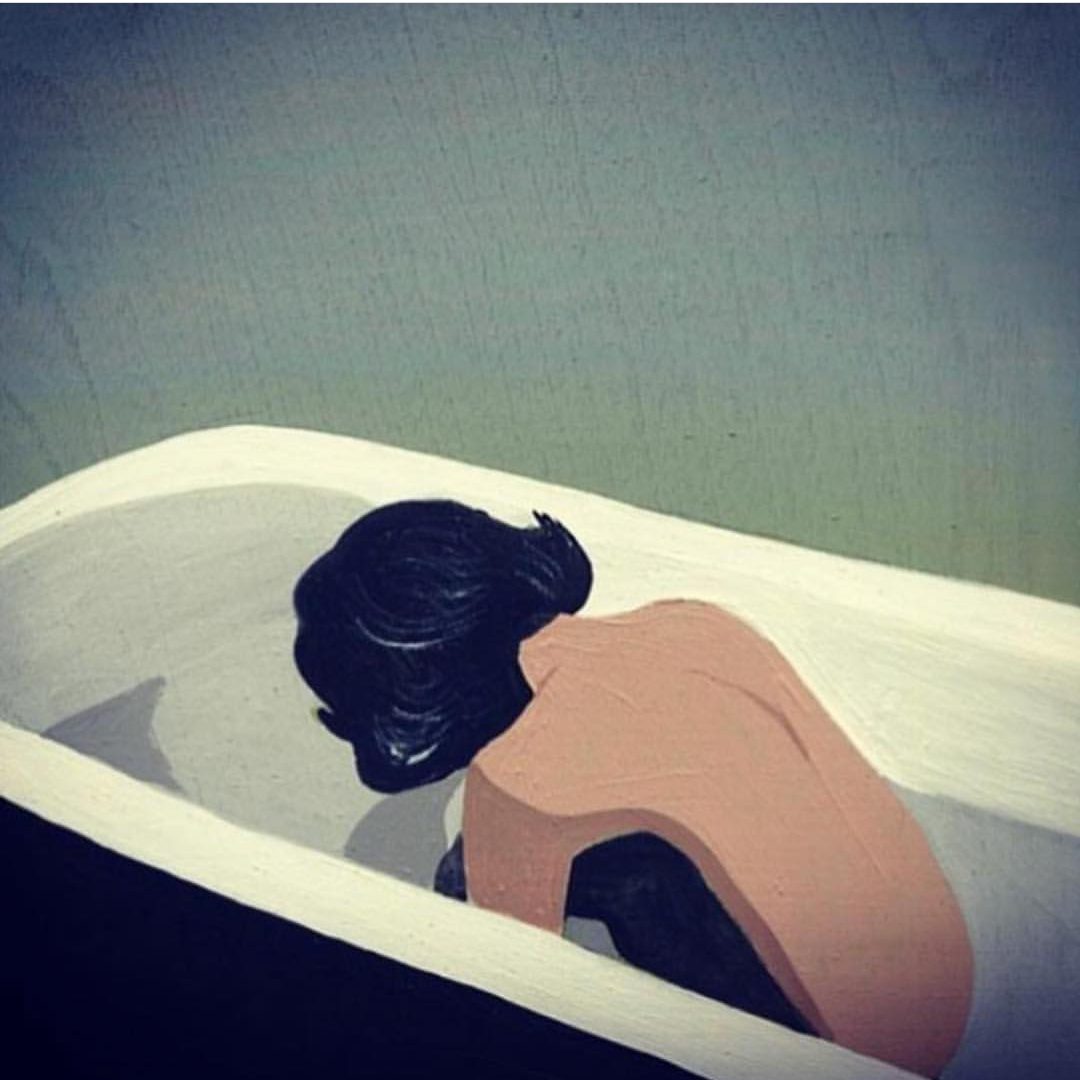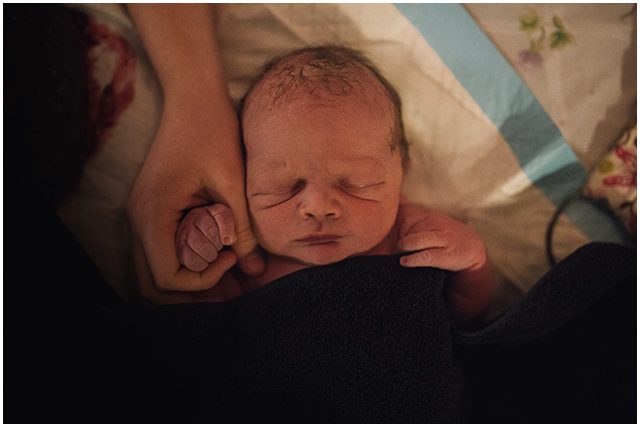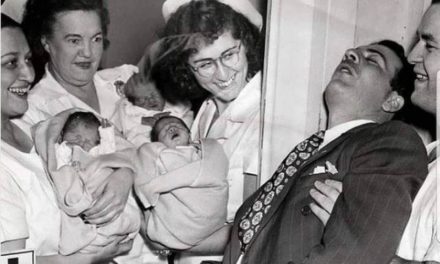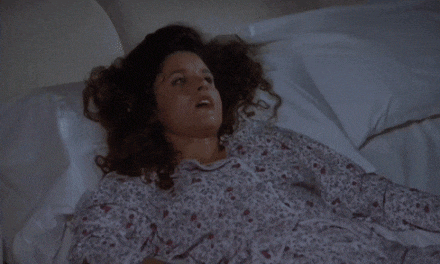Written by: Karen Nussbaum
Did you know that October 15th is National Pregnancy and Infant Loss Awareness Day? Don’t feel bad if you didn’t. It’s a day that no woman, mother, or family should ever have to commemorate, but sadly, many of us do. Seven out of every one thousand births results in a stillbirth, and one out of every five pregnancies end in miscarriage.
I lost my baby Maccabee a few months ago. He was 28 weeks old in utero. Up until that day, there were no obvious signs for concern. All of my doctor’s appointments had gone well, my blood tests were normal, and his heartbeat was strong. We were so looking forward to welcoming a second beautiful baby boy into our family. Then on the morning of May 26, I woke up realizing I hadn’t felt his fetal movements during the night. I went to the hospital, trying to convince myself that I was just being paranoid.
A mother’s intuition is a powerful thing.
When my husband and I arrived at the hospital, a doctor told us that our baby no longer had a heartbeat. Time suddenly froze, and my heart broke into a million pieces.
The next thing I knew I was lying on an operating room table, trying to grip my husband’s hand but shaking uncontrollably from the cocktail of medication I had ingested minutes before. I felt like I was stuck in the most terrible nightmare imaginable, one that I couldn’t awaken from. I wanted to scream at the top of my lungs and bang my fists against the table, but I couldn’t move. I was literally frozen, and numb.
Minutes later, Maccabee was delivered via C-section. Unlike our last birth experience with our son Ezra, we didn’t hear our baby’s first cry. There was no “congratulations, you have a healthy baby boy!” from the team of doctors and nurses standing over me. No tears of joy. Just silence, and a few muffled whispers. The operating room was engulfed in our grief and pain. As the doctor finished stitching my raw, swollen, bruised, and empty belly, I finally let out an animalistic cry that burned my throat. An enormous weight inserted itself in my chest, and I started sobbing uncontrollably.
We were later told that there was an issue with Maccabee’s umbilical cord. It was irregular, and a stricture had formed blocking his oxygen supply. What happened was impossible to detect with an ultrasound, and had nothing to do with genetics. It was just really, really bad luck.
My husband and I were given time to hold and be with Maccabee. Despite being only 28 weeks, all of his features were well formed. He was beautiful – the spitting image of my husband. I held him, wishing I could breath life back into him. I told him how much we loved him and how he would always be a part of our family. I told him that I would honour his memory until my dying day.
I can’t begin to quantify the sadness, grief, and loss I am still feeling. I had big plans for this little one. I dreamed of how he and his big brother would form an unbreakable brotherly bond and build so many memories together. I dreamed of holding, cuddling, soothing, and rocking him to sleep. I imagined him taking his first steps, saying his first words, and growing into the man he was destined to be.
I wish I could say that the last few months have been easy, or that it gets better with each passing week. It’s true what they say: grief really does come in waves. At first, the waves continuously knock you off your feet and you feel like you’re constantly drowning. Eventually, the waves start calming down and they come less frequently. Then just when you think they’ve finally dissipated, and you’re starting to feel more secure on your feet, another one hits you and knocks you down, hard.
You get up because you have to. You get up because you want to be there for your son, your husband, your family. You want to be there for your friends and your career. You try to find some normalcy in the things that used to bring you joy, but that joy doesn’t feel as bright as you once remembered it.
Grief is a process. There is no set timeline, but it does slowly get easier. It helps to have people to talk to, especially other women who have experienced a loss this great. I don’t know what I would have done without the weekly bereavement group for late term loss that I’ve been attending. It’s there that I’ve shared the most, and let myself be truly vulnerable. I’m grateful that I live in a country where these important resources are readily available.
I imagine that many of you who are reading this know someone who has suffered a stillbirth, a miscarriage, or the death of a baby. It’s normal to feel lost when it comes to knowing what to do or say in these situations. Below are some tips that I’ve learned through my own journey, and through the stories of the other bereaved moms I’ve met.
DO
- Reach out. Send a text, call them, drop a card in their mailbox, anything. It may feel awkward or uncomfortable for a moment, but they’ve just experienced the most tragic loss of their lives, and they want you to acknowledge it.
- Send them something practical to help out. Some great ideas include prepared meals, a gift certificate for a meal takeout service, or someone to clean their house. My husband and I were so overwhelmed and overcome with grief that even going to the grocery store or trying to plan a meal felt impossible. It’s nice to not have to think about these things for a while.
- Keep reaching out. Even if you haven’t heard back from them since the first time you reached out, remember that they are grieving. It can be hard to make the effort to write or call someone back, but knowing that people are thinking of you and care about you means the world. Grief is incredibly isolating. Don’t let them go through it alone.
- Share your similar experience. It may be painful for you to relive your loss, or you may feel that you don’t want to burden them with more sadness, but trust me when I tell you: it helps.
DON’T
- Pretend like nothing happened. Please don’t keep your distance, or send them a message that doesn’t acknowledge their loss.
- Inform them of your pregnancy, bring your newborn when you visit, or invite them to your baby shower. Just for a little while. This might sound hurtful and difficult to comprehend, but try to remember that they just LOST their baby. It won’t be like this forever, but be as sensitive as you can in the immediate aftermath.
- Tell them they should be grateful for the child/children they have. This may seem like an obvious and reassuring thing to say, but it’s really not. Of course they feel grateful for the child/children they have, but that doesn’t take away from the fact that they just lost their baby, and they have every right to feel devastated.
- Give up on them. Losing a child is the worst trauma a mother or family will ever experience. They may not be ready to deal with the outside world for a while. Give them time, and they will eventually find their way back. Just don’t expect them to be the exact same person they were before. This kind of experience changes a person’s soul.
I wrote about my experience because we need to break the stigma around pregnancy and infant loss. I want more women to feel comfortable enough to seek help, to talk about their grief, and to work through it. If you’ve gone through this or are going through this right now, you are not alone. If you feel alone, please reach out to me. It will get better. We just need to be patient with ourselves and continue to take it one day at a time. Today, I remember Maccabee. I carried him for every second of his life, and will love him for every second of mine.
*
*
Artwork by Javier Mayoral
If you like what we’re doing, join us on:
INSTAGRAM, TWITTER, and FACEBOOK
Get your copy of:
THE REBEL MAMA’S HANDBOOK FOR (COOL) MOMS






From Our Comments